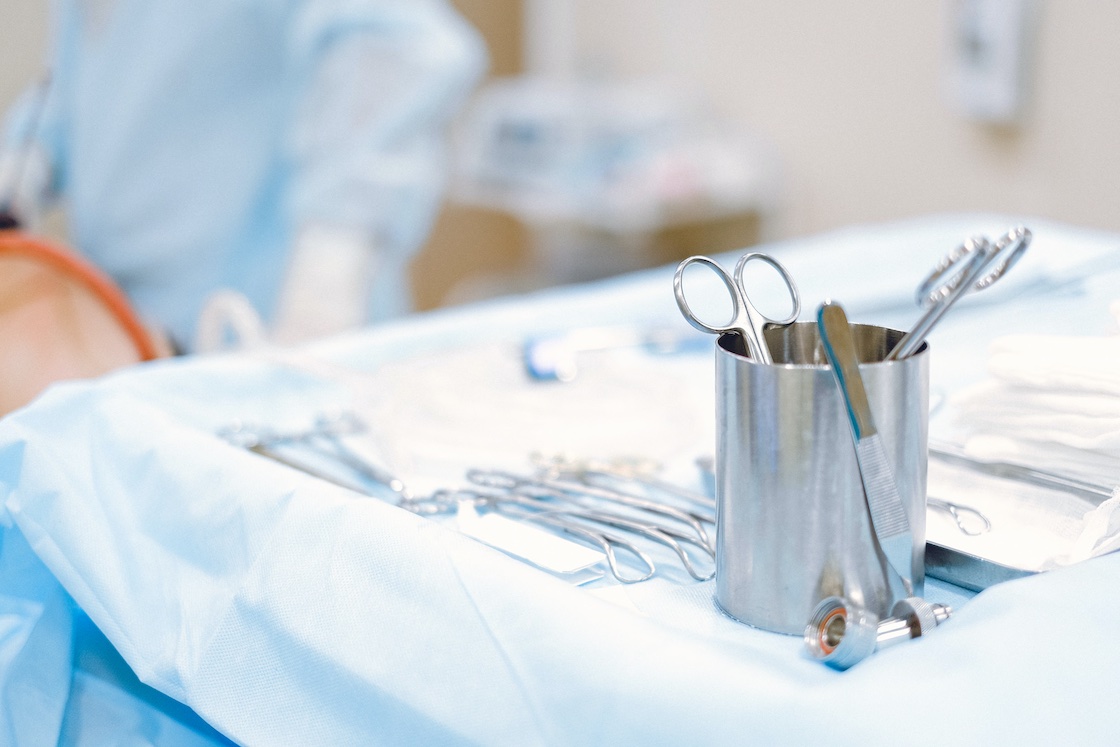Table of Contents
Many people still believe that plastic surgery isn’t as severe as other surgery types. But the fact of the matter is that, just like any other type of surgery, plastic surgery also has its risks.
Cosmetic surgery can lead to several problems ranging from scarring to unnatural and unattractive final results. Let’s discuss eight common risks of plastic surgery that you should know.
1. Scarring and Appearance Dissatisfaction
Plastic surgery can cause scarring. It can be particularly troubling as the primary purpose of plastic surgery is to improve your appearance. Sometimes abnormally thick and red scars appear, which is called hypertrophic scarring.
According to stats, it occurs 1 to 3.7 percent of the time, along with hard or smooth keloid scars after tummy tucks. So while most people are satisfied with their plastic surgery results, it’s essential to keep in mind that it’s possible to end up with disappointing results.
Women who undergo breast surgery can experience asymmetry and contouring issues. Additionally, facial plastic surgery doesn’t always produce the desired results.
2. Blood-Related Problems
Plastic surgery can also cause several blood-related problems such as blood clotting and blood loss.
Blood Clotting
Blood clotting can occur during many medical procedures, including plastic surgery. The most common type of blood clotting is DVT (Deep Vein Thrombosis). It’s a type of blood clot that forms in the leg.
Usually, it’s not a life-threatening condition, but it does require immediate medical attention. This is because the blood clot can start moving towards the lungs and heart through the veins if it goes unnoticed. In such situations, it can be fatal and not treated immediately.
Blood Loss
Blood loss in plastic surgery is entirely possible, just like any other type of plastic surgery. However, uncontrolled blood loss during the plastic surgery procedure can lead to a sudden drop in blood pressure and be fatal in the worst conditions.
It’s also important to note that blood loss can also happen internally, even after the plastic surgery, and it’s even more dangerous.
3. Anesthesia Complications
All plastic surgery procedures involve the use of anesthesia. It’s given to the patient to make them unconscious, so they don’t feel anything during the process.
General anesthesia can cause many health complications such as heart attacks, strokes, lung infections, and sometimes even death. Additionally, the patient can also wake up during the plastic surgery even after taking anesthesia.
Anesthesia awareness is very rare, but it’s possible, and you should keep this in mind. The most common complications caused by anesthesia are:
- Waking up disoriented and confused
- Vomiting and nausea
- Shivering
4. Nerve Damage
In many types of surgical procedures, the possibility of nerve damage is present. For example, tingling and numbness are very common symptoms that you can experience after plastic surgery, and they can also indicate nerve damage.
More often than not, the nerve damage is temporary, but it can also be permanent in some cases. For example, after breast plastic surgery, most women usually feel a change in sensitivity. Additionally, the stats show that 15 percent of them suffer from permanent changes in their nipple sensation.
5. Hematoma
The hematoma is a blood pocket that looks like a big bruise. It rarely happens, and the stats show that only 1 percent of people experience it due to their plastic surgery. However, after a facelift, the hematoma is the most common problem, and it happens more often in males than it does in females.
To treat this condition, more operations are required to drain the blood. Unfortunately, it also means that you’ll need to take an additional anesthetic.
6. Seroma
It’s a condition that takes place during plastic surgery when the sterile body fluid or serum pools up below your skin surface. It results in chronic pain and swelling that you usually experience after the surgery.
It occurs 15 to 30 percent of the time, and it’s the most common problem related to plastic surgery after a tummy tuck. Doctors use a needle to drain seromas as they can easily become infected. The needling process is effective, but there’s a possibility of recurrence.
7. Organ Damage
Plastic surgery, including the liposuction process, can damage your internal organs. When the surgical probe contacts your internal organs, punctures or visceral perforation can occur.
In the worst conditions, it can be fatal if not treated immediately. To deal with organ damage, doctors and surgeons need to perform additional surgeries.
(Photo by Anna Shvets)


